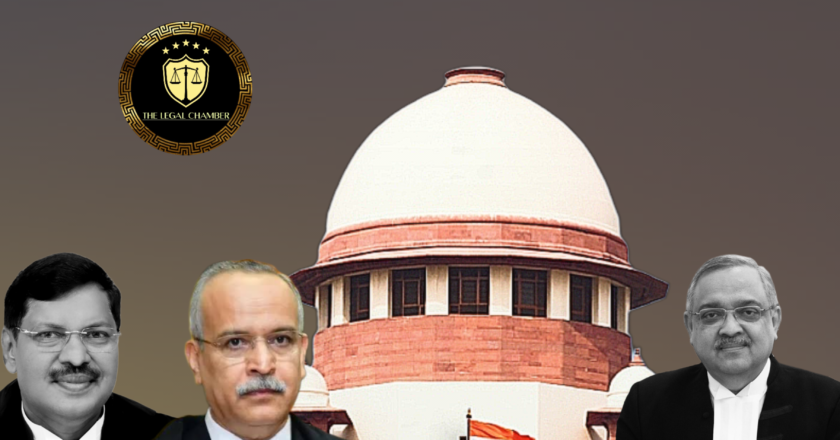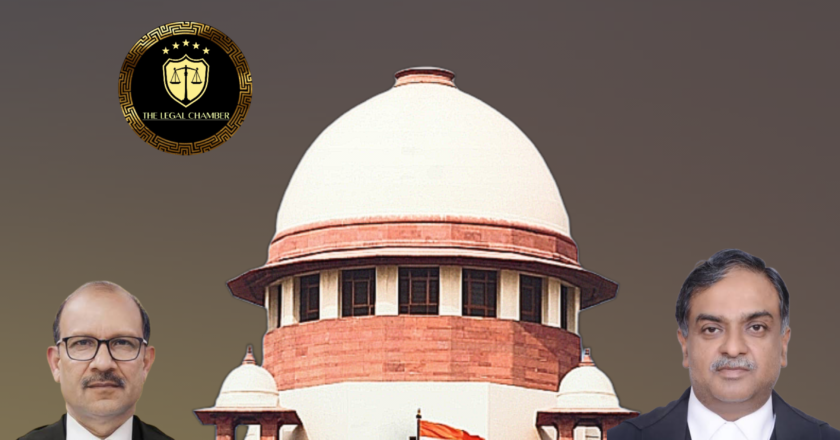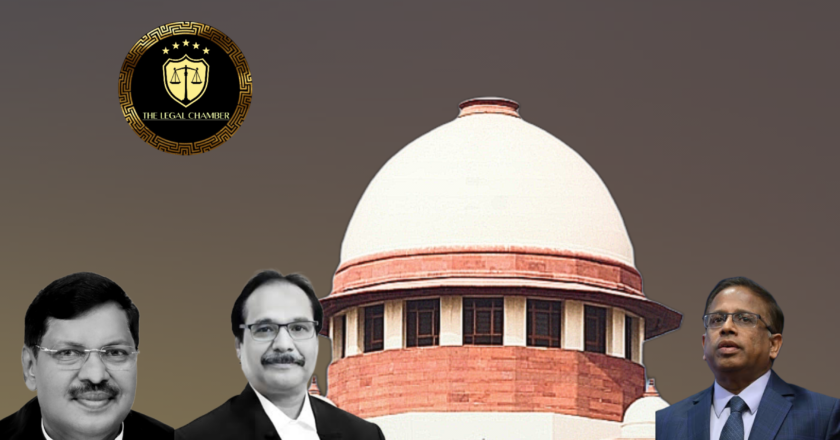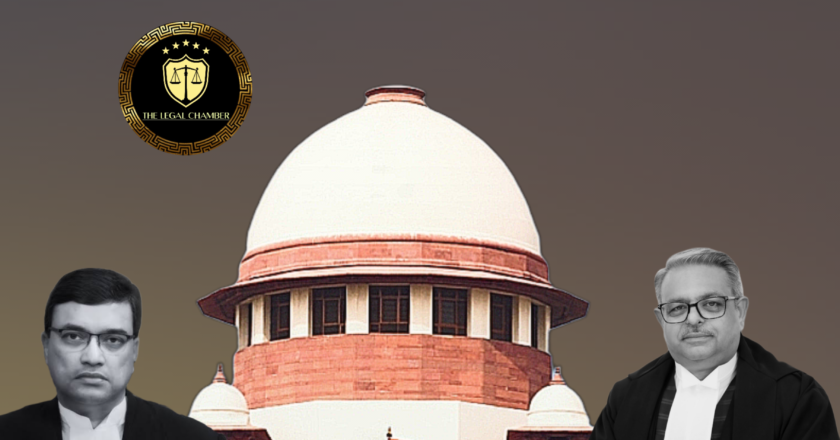Supreme Court Landmark Ruling: Income for Accident Claim Not Capped by Workmen’s Compensation Act
The Supreme Court held that in a claim petition under Section 166 of the Motor Vehicles Act, 1988, the Tribunal must assess compensation based on the Act's principles. It is impermissible to apply the income ceiling from the Workmen's Compensation Act, 1923, once the claimant has elected the remedy under the M.V. Act.
Facts Of The Case:
The appellant, a 23-year-old lorry loader, suffered grievous injuries in a vehicular accident on 1st December 2015, which resulted in the amputation of his right leg below the knee. He filed a claim petition before the Motor Accident Claims Tribunal seeking compensation. The Tribunal, assessing his monthly income at Rs. 9,000, awarded a total compensation of Rs. 19,35,400, which included a significant component for future loss of income. On appeal by ...









